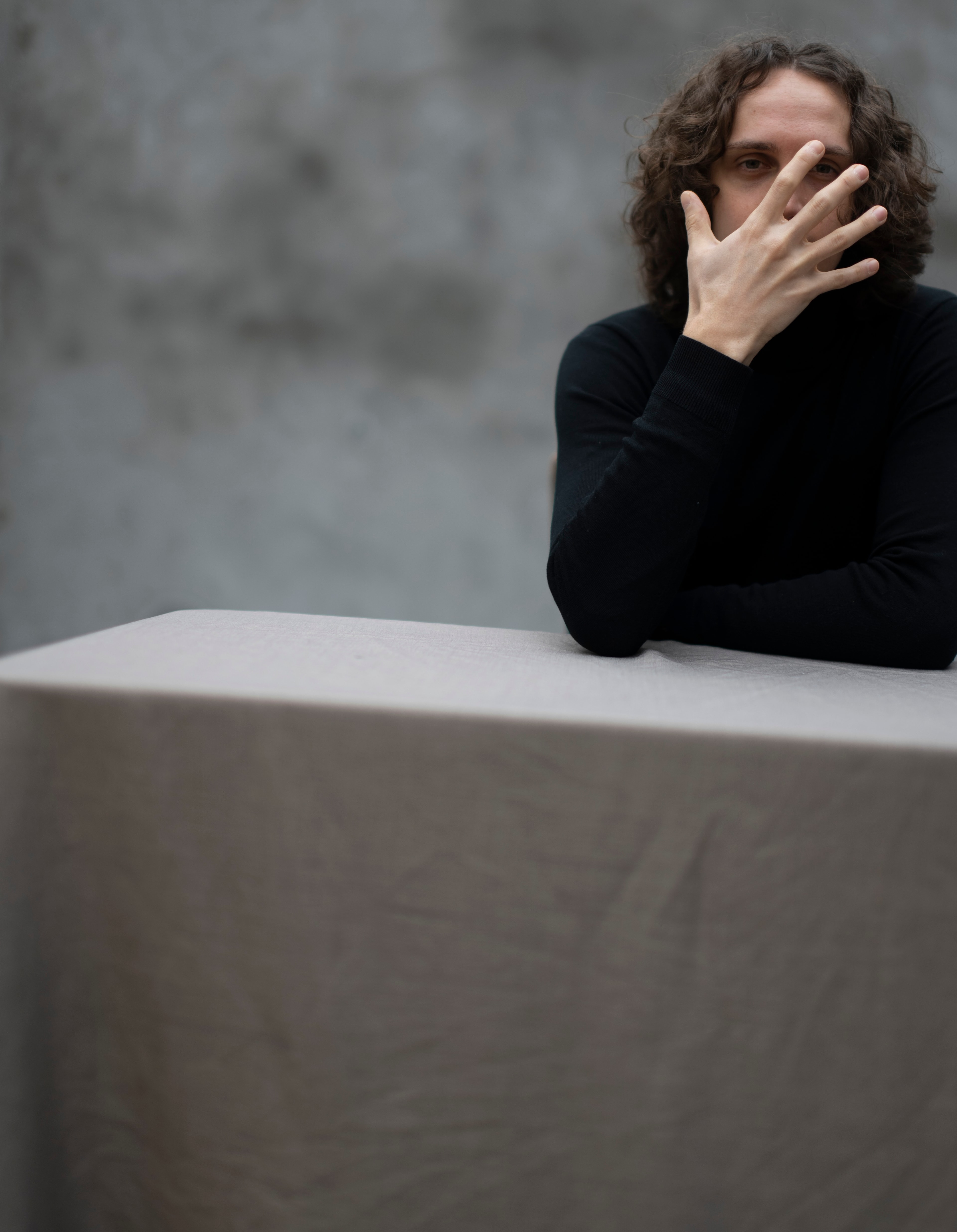“Kosta is a gifted musician, distinguished by his emotional intelligence and rich imagination. His deep interest in musical alchemy and constant search for quintessence make him a thoughtful interpreter whose performances leave a lasting impression on the audience.” – Polina Leschenko (concert pianist)
“I found him to be an extremely interesting personality, a kind and caring human-being, as well as a highly skilled professional in music. Having started to prepare the new program with compositions in the genre of ‘Speaking pianist’(a genre advocated by Rzewski) I came across Kosta and found by chance that his fundamental musicological thesis which he presented recently was dedicated exactly to this theme. This deep work of analysis not only helped me to delve into aesthetics of the Author but rather completely recalibrated my attitude and understanding of the matter” – Lukas Geniušas (concert pianist)
“The emotional vulnerability and inevitable consequent connection that you feel to him when he plays is as intense and gentle as his creation of colours through his touch of the piano keys.” – Stefan Weiler (concert pianist)
Kosta Jakic is a Belgian pianist of Yugoslav origin, driven by a passion for forging genuine connections with his audience, through innovative programs and the inevitable use of a big, generally black, wooden box full of metal strings. Blending the boundaries of tradition and discovery, each performance is crafted to be an engaging journey, combining beloved classical repertoire with hidden gems from modern repertoire. One moment you're in the familiar world of Chopin, the next you're face-to-face with some rare, weird contemporary piece that might just change your life (or at least your opinion on dissonance).
Kosta Jakic is also a researcher exploring the role of classical and experimental music in today's world, particularly focusing on its impact in contexts of detention, and limitation. He has performed at the largest prison in Lithuania in collaboration with the organisation "Looking to the Stars"— in case you were really wondering where classical music could make you end up. He's also explored the sombre history of music in World War II camps, presumably to remind us that music can thrive even in the darkest places.
Furthermore, Kosta's encounters with the composer Frederic Rzewski not only led him to conduct two interviews (about his work, his music, and... bugs) but also significantly shaped his repertoire. These meetings inspired Kosta to actively incorporate Rzewski's revolutionary "Speaking Pianist" genre into his recitals — because doing several things at the same time is clearly what pianists have been missing all along. It was through the shared interest of Rzewski's music that a lasting collaboration and friendship emerged between Kosta and one of the greatest young pianistic talents of our time, Lukas Genusias, culminating in a concert scheduled in Belgrade for October 2024.
His research into the often-overlooked role of music in World War II camps led Kosta to connect with Simon Gronowski, a surviving member of the Jewish community who, as a 10-year-old boy, escaped from a convoy bound for Auschwitz. Simon, a doctor of law and a passionate advocate for peace and tolerance, is also a self-taught jazz pianist. Since their meeting, Kosta has collaborated with Simon through discussions, concerts, and exchanges on this important subject. Additionally, Ivan Put, the former photo editor of the largest Flemish newspaper, De Standaard, is currently working on a film that explores the intergenerational dialogue between Simon and Kosta, focusing on music and the theme of radical peace.
Kosta began playing the piano at the age of three under the guidance of Jeanne De Guthener, not fully knowing what he was doing. At 12 years old, knowing a bit more what he was doing, he was accepted to study with Professor Sergey Leschenko. In 2013, fully knowing what he was doing, he was recognized as a “young talent” in Polina Leschenko's class at the Royal Conservatory of Antwerp, embarking on his advanced musical education while completing his final year of secondary school. Now based in Antwerp, Kosta graduated his master degree in 2021, and postgraduate degree in 2023, and remains in contact with his former teacher, Polina Leschenko. Most of his education being rooted in the highly esteemed Russian piano school, he draws inspiration from this infinitely rich heritage of colours and sound. Throughout his journey, he has had the privilege of learning from many esteemed artists, including Sergey Edelmann, Sergio Tiempo, Till Fellner, Élaine Rodríguez, Korneel Bernolet, Katarina Šandorov, György Böjngy, Maciej Pikulski, Eric Tawaststjerna, Stéphane Ginsburgh, Anna Jochum, Bruce Brubaker, Stefan Weiler, and Piet Kujiken among others.
During the summer of 2024, the cello performer, improviser and composer Sergio Castrillión dedicated his composition “Muscle Memory” to Kosta.
Kosta also serves as the vice president of the "Belgian Doctoral Symphony Orchestra" which he co-initiated.

